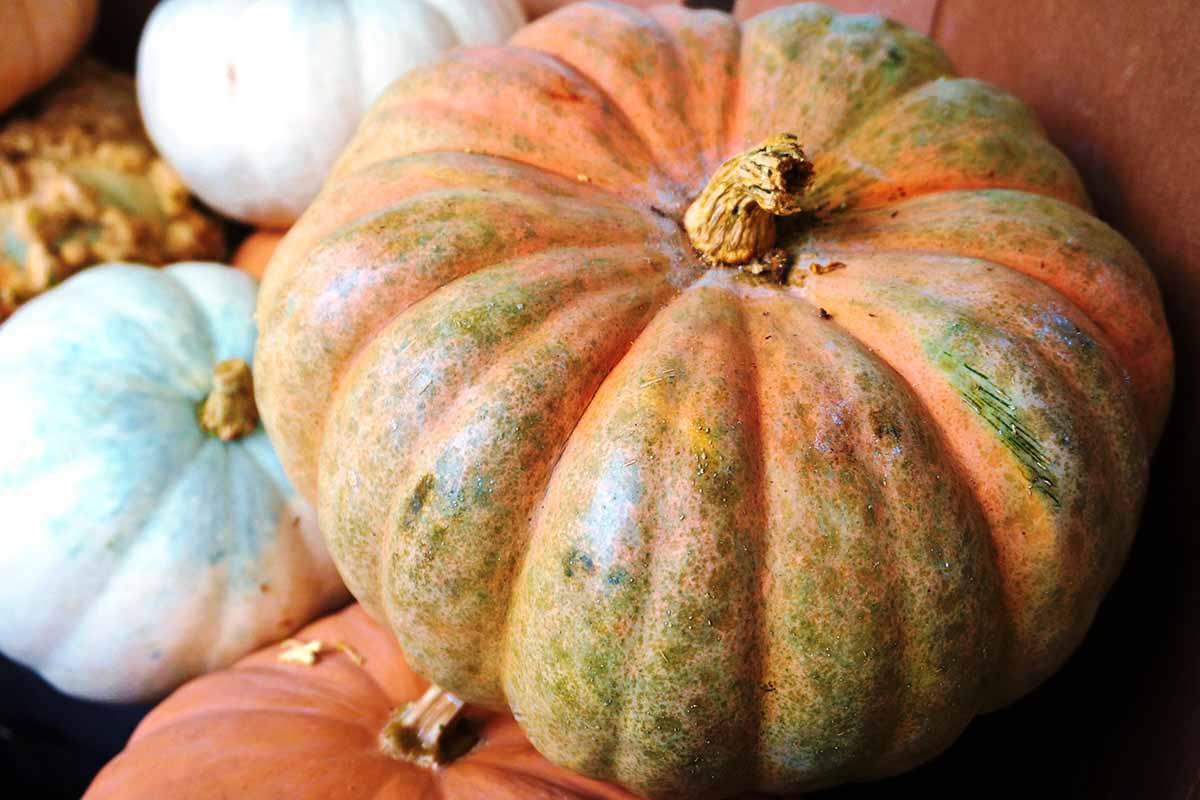
Calabaza squash, also known as West Indian pumpkin, is a versatile and nutritious vegetable that deserves a place on your plate. With its vibrant orange flesh and slightly sweet flavor, it not only adds color and taste to your dishes but also provides a wide range of health benefits. From boosting your immune system to promoting digestion and improving eye health, this powerhouse vegetable is packed with essential nutrients.
In this article, we will explore ten fascinating calabaza squash nutrition facts that will make you appreciate this humble vegetable even more. So, get ready to uncover the amazing health benefits of calabaza squash and discover why it’s a must-have ingredient for your next meal.
Key Takeaways:
- Calabaza squash is a nutrient powerhouse, packed with vitamins and fiber that support immune function, digestion, and weight management. It’s a delicious and versatile addition to any meal.
- With its low calorie count and high fiber content, calabaza squash is a guilt-free, satisfying option for heart health, digestive health, and weight management. Plus, it’s delicious and easy to incorporate into various dishes!
A Nutrient Powerhouse
Calabaza squash is packed with essential nutrients, making it a great addition to a healthy diet. It is rich in vitamins A, C, and E, which act as antioxidants and support immune function.
High in Fiber
Calabaza squash is an excellent source of dietary fiber. Just one serving provides a significant amount of fiber, aiding digestion and promoting feelings of fullness.
Low in Calories
If you’re watching your calorie intake, calabaza squash is a perfect choice. With its low-calorie content, it can be enjoyed guilt-free while still providing a satisfying meal.
Source of Potassium
Calabaza squash is a great source of potassium, an essential mineral that plays a crucial role in maintaining proper heart and muscle function.
Rich in Vitamin C
Vitamin C is known for its immune-boosting properties, and calabaza squash is a fantastic source of this vital nutrient. Incorporating calabaza squash into your diet can help support a healthy immune system.
Good for Eye Health
Calabaza squash contains high levels of beta-carotene, which is converted into vitamin A in the body. Vitamin A is essential for maintaining good eye health and can help prevent age-related macular degeneration.
Promotes Heart Health
Calabaza squash is low in fat and cholesterol, making it a heart-healthy choice. Additionally, its potassium content can help regulate blood pressure and reduce the risk of cardiovascular diseases.
Boosts Digestive Health
The fiber content in calabaza squash can help promote a healthy digestive system, preventing constipation and supporting regular bowel movements.
Supports Weight Management
Due to its high fiber content and low-calorie nature, calabaza squash can be an excellent addition to any weight-loss or weight-management plan, keeping you feeling full and satisfied without excessive calorie intake.
Versatile and Delicious
Not only is calabaza squash nutritious, but it is also incredibly versatile in the kitchen. It can be roasted, steamed, pureed, or used in soups, stews, and even desserts, making it a delicious and healthy option for any meal.
Conclusion
In conclusion, Calabaza squash is not only delicious but also packed with numerous health benefits. From its high nutritional value and low calorie content to its rich source of vitamins and minerals, including vitamin A, vitamin C, and potassium, Calabaza squash is a fantastic addition to your diet. Whether you want to maintain a healthy weight, boost your immune system, or improve your eye health, Calabaza squash can help you achieve all of these goals. So, next time you’re at the grocery store, don’t forget to pick up this versatile vegetable and start reaping its amazing benefits. Incorporate Calabaza squash into your meals and enjoy both its taste and nutritional value!
FAQs
Q: What are the nutritional benefits of Calabaza squash?
A: Calabaza squash is rich in essential vitamins and minerals such as vitamins A and C, potassium, and dietary fiber. It is low in calories and fat, making it a great choice for those looking to maintain a healthy diet.
Q: How can I incorporate Calabaza squash into my meals?
A: Calabaza squash is incredibly versatile and can be used in various recipes. You can roast it, mash it, sauté it, or even use it as a base for soups and stews. It can also be used as a substitute for other types of squash in your favorite recipes.
Q: Can Calabaza squash help with weight loss?
A: Yes, Calabaza squash is a great addition to a weight loss diet. It is low in calories and contains dietary fiber that can help keep you feeling full and satisfied. Incorporating Calabaza squash into your meals can help you reduce calorie intake and support your weight loss goals.
Q: Is Calabaza squash suitable for those with dietary restrictions?
A: Yes, Calabaza squash is suitable for various dietary restrictions. It is gluten-free, vegan, and low in both carbohydrates and fat. It is a great option for individuals following a gluten-free or plant-based diet.
Q: Where can I find Calabaza squash?
A: Calabaza squash is commonly available in grocery stores, farmers’ markets, and specialty food stores. Look for it in the produce section, particularly during the fall and winter months when it’s in season.
Was this page helpful?
Our commitment to delivering trustworthy and engaging content is at the heart of what we do. Each fact on our site is contributed by real users like you, bringing a wealth of diverse insights and information. To ensure the highest standards of accuracy and reliability, our dedicated editors meticulously review each submission. This process guarantees that the facts we share are not only fascinating but also credible. Trust in our commitment to quality and authenticity as you explore and learn with us.
